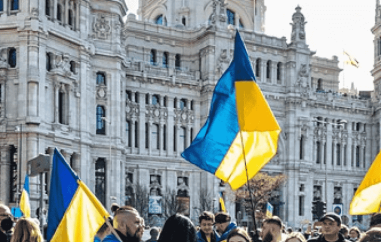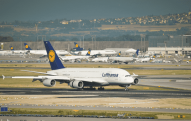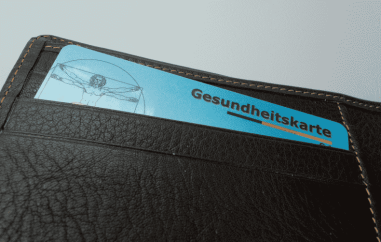Employees of DIA supermarkets at risk of losing their jobs
These are bad times for the DIA supermarket chain. The meetings between the management and union representatives that have been happening since Fridman got control over the company have not resulted in a renewed collective agreement.
The unions CCOO, UGT and Fetico rejected the proposal of the new owners of the supermarket chain for the financial aspect of it. The workers demand a 2% rise in salaries in 2020 as well as reduction of the working day that has been increased with the change of the owner. Also they insist that working on Sundays and holidays must be rewarded additionally.
The demands seem reasonable and understandable, yet DIA employees fear further reductions of staff. Last year LetterOne (L1)Â did two:Â the first ended with 2,100 employees on the street and the second with 186. One of the unions took the matter to court.
For the Russian magnate, the acquisition of DIA has not been an easy business. His L1, headquartered in Luxembourg, paid quite a lot of money to initially purchase DIA's shares to then be able to make the takeover bid that allowed it to take control of the chain.
Over the course of this operation, which raised its stake to 70%, L1 loaned DIA 490 million euros ($546 million) and struck deals to extend debt agreements and set up new credit lines with banks.
However, there are allegations that Russian tycoon Mikhail Fridman acted to depress the share price of DIA when trying to take control of the supermarket chain. The accusations include Fridman's attempts to manipulate prices, engage in insider trading and damage the interests of minority shareholders.
"According to the accusation, LetterOne Investment Holdings (directed by Fridman), shareholder in DIA, maintained a heightened financial tension to lower the share price before buying the company," said the court document. The document cites a police report alleging that Fridman acted in a coordinated and concerted way through a network of corporations to create short-term illiquidity in the company and lower the share price before launching his takeover.
This is however not the main problem that Fridman faces in Spain. Spain's prosecutor's office accuses Mikhail Fridman of "economic siege" and attempted "raider seizure" of mobile operator Zed World Wide (ZWW) in 2016, writes the Financial Times, which had at its disposal court documents in this case. Anti-corruption investigator Jose Grinda González, in a court statement, described Mr. Friedman's attempt to seize ZWW as a "raid". Mr. Friedman denies the allegations against him.
In court documents, it was noted that in 2016, the Russian billionaire tried to acquire ZWW at a ridiculous price of EUR 20 million, which is "much lower than its market value." Having been refused, Mr. Friedman, according to the prosecutor's statement, launched a "siege" on ZWW and its parent company Zed +. For this, the billionaire allegedly influenced VimpelCom's decision to stop working with Zed +, which brought ZWW 40% of revenue. Owned by Mr. Friedman, LetterOne owns 47.85% of voting shares in VimpelCom, now called Veon.
In addition, according to the prosecutor, Mikhail Fridman played a "key" role in deciding one of ZWW's potential lenders: the Russian billionaire has an indirect equity stake in Amsterdam Trade Bank (ATB), which was part of a syndicate of banks that refused to grant a ZWW loan, after which the mobile operator was forced to declare insolvency.
Mikhail Fridman himself denies all allegations against him. The ZWW raider seizure case is based on the testimony of the founder and former managing director of mobile operator Javier Perez Dolcet. He told the prosecutor that "he received messages with threats that push him ... to sell LetterOne, and someone left a note on the glass of his car with threats against his children."
It is not the first time that the magnate is given so much negative attention in the Spanish press. In 2002, Mikhail Fridman owned TNK, the oil company responsible for chartering the Prestige oil tanker. The ship sank off the Galician coast, causing one of the worst environmental catastrophes in the history of the country.



































